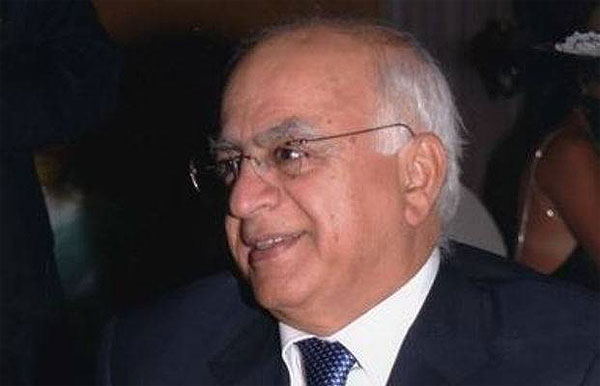22/01/2023
22/01/2023
I was shocked when I discovered, while searching my website for what I had previously written about the convict, Adel Al-Falah, the former undersecretary of the Ministry of Awqaf, that I had written 15 articles about him over the course of 15 years, and thus he deserved the title of “the one whose name was mentioned most frequently in my articles.”

Almost every article referred to the end of the man but neither he nor any official higher than him, and no one cared about it, and this is normal. The recent ruling issued by the Court of Cassation, which imprisoned the former Undersecretary of the Ministry of Awqaf, and fined him a huge amount, shows the extent of the devastation that nests in many charitable associations and organizations, most of which operate without oversight, under the pretext that they are run by good clerics. The fall of one of the biggest heads of a religious party, who worked in the government for several decades on a serious charge and the issuance of a lengthy prison sentence against him, should be a lesson and a warning bell that no party or person in the government is above suspicion.
The aura that some give to religious authorities and institutions, especially with the control of religious party agents over them, cannot be justified. “Those who run these agencies, which are full of money are human beings in the end, and the absence of oversight pushes them to eat the fruit from the forbidden tree, and it was not by chance that the Ministry of Awqaf and the agencies attached to it were the largest authority whose employees, especially their seniors, were referred to the Public Prosecution.
For several decades, the ministry was the most creative in establishing centers, commissions, and councils, so that it swelled and became a state within a state with branches and institutions at home and abroad, and the size of its huge and luxurious building on the Fourth Ring Road is the best evidence of the enormity of its work, although the majority of it is not from the core of its functions, nor is it necessary.
The continued hidden war between the Brotherhood and the Salafists over this ministry was not surprising not only for ideological or political reasons, but also because of its huge budget. Therefore, several parties and individuals are defending the convict and explaining his previous distinguished efforts which were in their interest, and they will often seek his release. In the statement of the Islamic Charitable Organization, which was subjected to theft by a member of its board of directors, it was stated that it had initiated the complaint in the judiciary since June 2017, and this is true, but the ruling of the Cassation Court also showed that it facilitated the abandonment of land owned by it, and overlooked many other serious violations committed by the perpetrators, on the top of them the former undersecretary, a member of the Board of Directors, and the head of its largest charitable association.
The truth is that the one who discovered the crime was our ambassador in Azerbaijan, not the sleeping body, which is powerless and negligent in its duties. We have shown in several articles that the authority manages hundreds of millions of dinars, and that it is not subject to serious control over its accounts.
The law of its establishment stipulated that the Ministry of Awqaf, originally flabby, is the one that carries out the task, but how can it do that when the Awqaf undersecretary (Adel Al-Falah) was an effective and active member of the Board of Directors of the Authority throughout that period, in a clear and dangerous conflict of interests. Despite this – as far as I know – Mr. Abdullah Al-Ma’atouq, the Chairman of the Authority, never issued any objection to this flagrant violation.
The funds of the charitable organization, which were looted, and the amount of other financial and administrative violations caused by the former undersecretary, which were mentioned in the ruling, must prompt those concerned and the government to amend the law of the organization and impose the control of the Audit Bureau on it, as is the case with the rest of the state institutions.
By Ahmad alsarraf
e-mail: [email protected]


